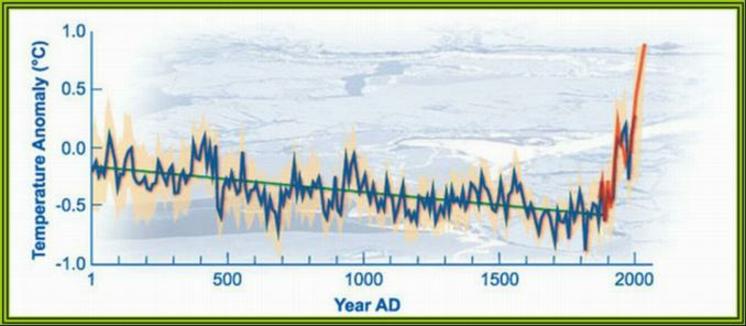By Kelly Cryderman, Canwest News Service January 25, 2010
CALGARY — Much of Alberta's Rocky Mountain glaciers will melt away by 2100, turning white rivers of ice into rock and earth-brown landscapes, according to new research from the University of Calgary.
"It's a bit bleak for the glaciers, I must say," said climate change specialist and geophysicist Shawn Marshall. "It's well underway and it's just a matter, as the decades go on, of the ice rolling uphill until it's out of sight." Marshall and a team of researchers predict there will be an 82 per cent decline in the volume of Alberta glaciers by 2100 — using 2005 as a base year. Smaller and lower-elevation glaciers will fade away relatively quickly. The Columbia Icefield, due to its massive size, will survive the century, he said.
Marshall's team based its modelling in part on recent research from the University of Northern British Columbia (UNBC), which found one-quarter of Alberta's glacier area cover disappeared between 1985 and 2005.
Although the changes will see the amount of water held by the mountains decrease, glaciers usually don't contribute that much to water supplies — the exception being during periods of drought, when glacial melt can make up as much as half of the flow of southern Alberta's Bow River.
Marshall believes the most significant transformation will be the change of scenery in the famous mountain parks. "It's changing the face of the alpine. Our national parks won't be as special as they are right now because they will be mostly brown instead of white," Marshall said. "There's other changes too . . . some of them quite positive — maybe a lot more alpine flowers where these glaciers used to be." Marshall's prediction is based on a natural glacial melting period that began in the 1800s, as well as human-caused climate change. "Some part of the 20th century story is natural. But in the past 50 years, there's no way to explain it from those natural changes," he said. "The sun has been in a cooling cycle."
Marshall said he doesn't hesitate to offer his prediction, even after the controversy generated last week when the United Nations Intergovernmental Panel on Climate Change acknowledged it had made a mistake in asserting that glaciers in the Himalayas could disappear by 2035. That error, which has once again led to questions about the credibility of climate change predictions, might have been based on a simple typing error — the year noted earlier by some scientists was 2350.
"No one I know, no colleague really thought it was going to go away by 2035. It was just a typo," Marshall said.
"The Rockies are otherwise typical of all of the world's glaciated mountain ranges — widespread glacier retreat, accelerating in the last 20 years," Marshall said. "The retreat in the Rockies is similar to that in the Alps."
Welcome to By 2100!
This Blog is designed to be a Diary of Events illustrating Global Climate Change, and where it will lead.
Commentary is encouraged, but this Blog is not intended for discussion on the Validity of Climate Change.
Category Labels
- Climate Events (85)
- Climate Solutions (45)
- Videos (42)
- Climate Statistics (39)
- The Deniers (34)
- Humour (15)
- Basic Information (5)
Subscribe to:
Post Comments (Atom)
www.know-the-number.com
Our Climate is Changing!Please download Flash Player.

No comments:
Post a Comment